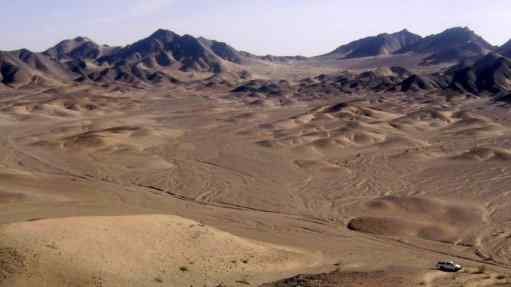Contents
The Asian Development Bank (ADB) has approved a $410 million financing package to support development of the massive Reko Diq copper and gold mine in Balochistan, Pakistan, according to sources familiar with the deal. The mine, operated by Canada’s Barrick Gold, is one of the world’s largest untapped copper deposits.
A High-Stakes Project for Pakistan’s Economy
Reko Diq has been in the spotlight for years due to its potential to reshape Pakistan’s mineral economy. Islamabad views the project not just as a single venture but as a potential catalyst to attract international investment in the country’s broader mining sector, including untapped rare earth elements.
The mine is projected to start production in 2028 and could generate as much as $70 billion in free cash flow over its lifespan, making it one of the most valuable resource projects in Pakistan’s history.
Details of the Financing
The package includes two direct loans worth $300 million to Barrick, while the remaining $110 million comes in the form of a financing guarantee for the Government of Pakistan. This arrangement is designed to lower investment risks and provide financial confidence to future lenders.
Reko Diq’s overall development cost is estimated at $6.6 billion. Ownership is split evenly between Barrick Gold (50%) and a joint stake held by the federal and Balochistan governments (50%).
Broader Financing Push
This latest ADB commitment builds on a $700 million financing deal already secured from the International Finance Corporation (IFC), the World Bank’s private investment arm. The project team is also in discussions with several other major institutions, including the US Export-Import Bank, Export Development Canada, and Japan’s JBIC, with term sheets expected to be finalized in the coming months.
Strategic Significance
For Pakistan, the stakes go beyond revenue. The government hopes Reko Diq can serve as proof that the country’s mining sector is open for business and capable of handling world-class operations in partnership with global financiers. The project could set a precedent for how Pakistan develops its mineral wealth at a time when demand for copper—a critical metal for clean energy technologies—is on the rise.


